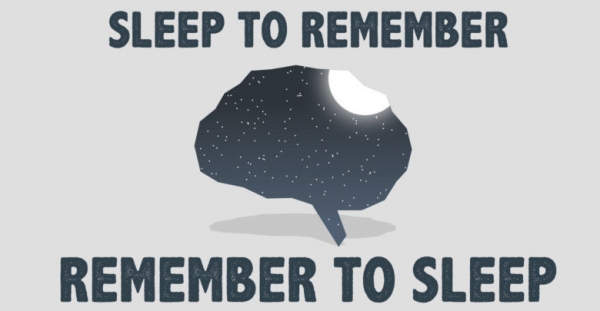
People spend as much as one third of their lives sleeping. However, the general population often ignore the significance of sleep. According to the National Sleep Foundation, the amount of sleep recommended for teenagers is nine to 11 hours and for people 18 to 64 is seven to nine hours. However, hardly having any time left after work, study, and assignments, people often fail to fulfill the recommended amount of sleep. To have a better lifestyle, one must comprehend the benefits of having enough sleep and the harmful effects of curtailed sleep.
One of the side-effects of sleep deprivation is higher possibilities of diseases such as Alzheimer’s, cardiovascular disease, stroke, and diabetes. Also, drowsiness affects one’s mental state, leading to risky and rash life decisions. It also eliminates capability for empathy by making one be more sensitive to one’s own pain and making it harder to relate to others. Along with these, there are so many negative effects related to sleep deprivation.
Now that the negative effects of sleep deprivation are listed, what is it that we get from sleeping enough? Is sleeping just a way of avoiding the mentioned adverse effects or is there a merit to it? Turns out there is. Consider the following scenario. Two students are doing last minute studying the night before the exam. After going through the material once, one realizes that it was too late and decides to go to bed, while the other decides to pull all-nighter and go through the material again. Although it might seem that the one who pulled an all-nighter will perform better on the examination, the one who had enough sleep will have a better result. Although there are a lot of factors to be considered, one of the reasons is “consolidation” effect of sleep.
During the day, people observe, experience, and learn new information. All that information is stored as short-term memory in the hippocampus, an extension of temporal part of the cerebral cortex responsible for learning and memory. This is the state in which the one who pulled an all-nighter is in; new materials are stored in the hippocampus, susceptible to forgetfulness and disorganized. However, during sleep, the information is transferred to the cortex—the outermost layer of the cerebral hemispheres responsible for thinking, perceiving, and language—and become organized long-term memory.
A theory on how the consolidation works is made by a team of neuroscientists at the University of California using a computational model. There are two states in sleep: non-rapid eye movement (NREM) sleep and rapid eye movement (REM) sleep. During eight hours of sleep, a person goes through four to five cycles of NREM followed by REM sleep. In the NREM sleep, the third stage is called deep sleep or slow-wave sleep that constitutes around 20% of one’s total sleep time and occurs in the first third of the night.
During the deep sleep, there is an electrical activity present at the hippocampus in the form of sharp-wave ripples and large-amplitude slow oscillations at the cortex. The sharp-wave ripples influence the patterns of slow oscillation, determining the synaptic changes in the cortex. Then, the synaptic changes influence the spatial and temporal patterns of the slow oscillations. It facilitates reinforcement and replay of specific firing sequence of cortical neurons, which is equivalent to the replaying of a specific memory, strengthening the corresponding synapses. The resulting slow oscillation pattern becomes independent of the input from the hippocampus and becomes a long-term memory.
The Postech Times conducted a survey to find out the sleep patterns of Postechians. Out of 31 students who participated, the result for the question that asks for sufficient sleep time of the participant was as follows: two said that six hours of sleep is adequate for them; three, seven hours; 19, eight hours; three, nine hours; and four, 10 hours. However, for the next question that asks the participants for the average sleep time, the average sleep time was much lower than the sufficient sleep time: eight selected five hours or less; 12, six hours; seven, seven hours; one, eight hours; two, nine hours; one, 10 hours. As for the reason that they were not able to have enough sleep, as many as 23 participants revealed it is academic responsibilities such as homework, quizzes, and examinations.
Although day-time responsibilities are important, people must realize that the brain’s responsibilities during the night is crucial as well.


